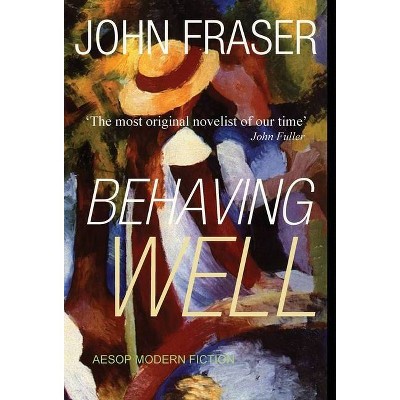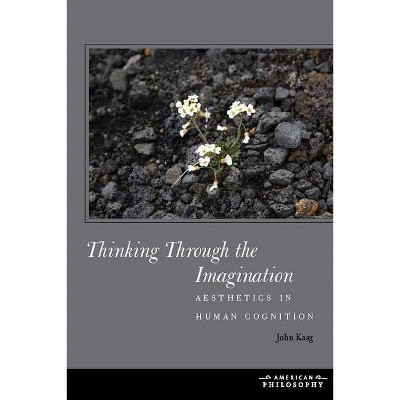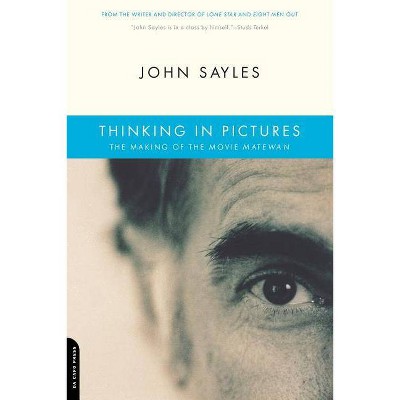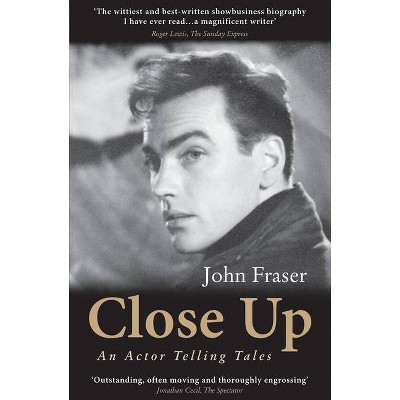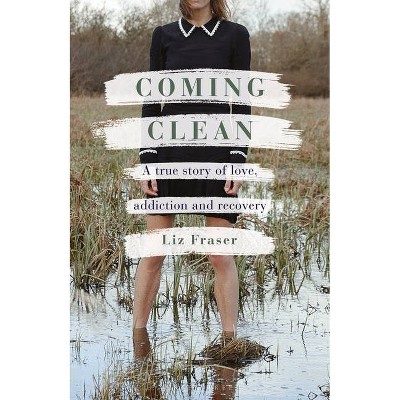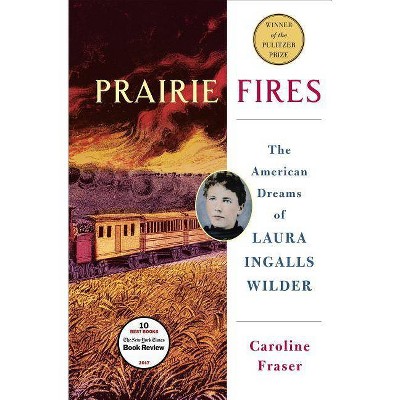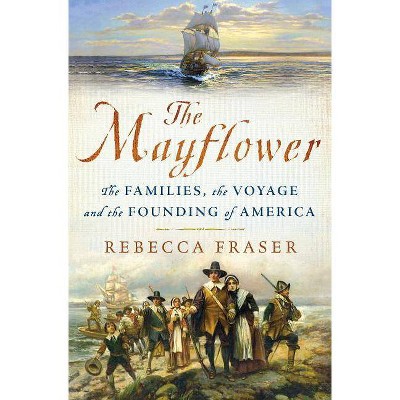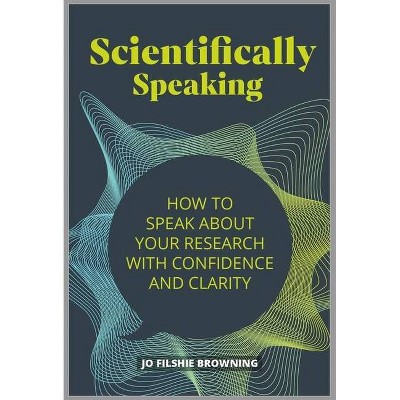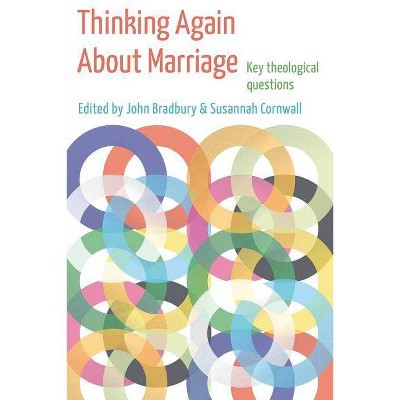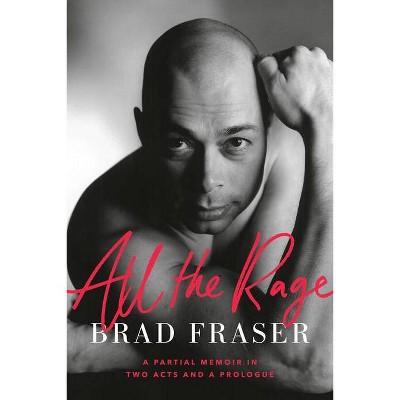Thinking Scientifically - by John Fraser (Hardcover)
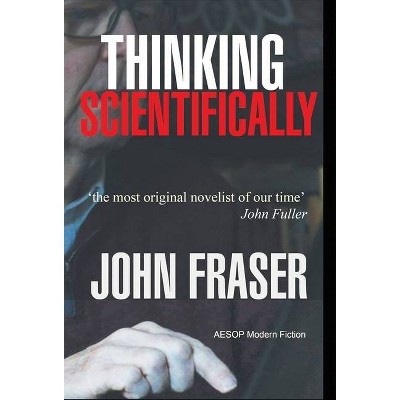
Similar Products
Products of same category from the store
AllProduct info
<p/><br></br><p><b> About the Book </b></p></br></br>Thinking Scientifically is John Fraser's latest wildly original, experimental work of fiction: three stories (The Opera, Round the World, The Shaft) centred on one theme: while we can think scientifically, can we be scientifically? .<p/><br></br><p><b> Book Synopsis </b></p></br></br><p><strong><em>Thinking Scientifically</em></strong> is John Fraser's latest wildly original, experimental work of fiction: three stories ('The Opera', 'Round the World', 'The Shaft') centred on one theme: while we can think scientifically, can we <em>be</em> scientifically?</p><p><br></p><p>We can train as scientists - but that's a job, and when we stop doing it - we're the same chimpanzee types as everybody else. When we think</p><p>scientifically, what happens to all the other layers, the modalities, systems, of thought and being: the magical, the religious, the hunting and the gathering, the philosophical, the artistic...? The characters in the three long tales that make up <em>Thinking Scientifically</em> are involved in science, certainly - science as setting records, sport, endurance ... science as the psychology ... of art: of desire, the desire to be a libertine, the search for the unknown and unattainable - our Kurdistans: of what we know is there, somewhere, and leaves us flattened and exhausted by the search. Science - has no end: if it has a scope, it is not ours, not our happiness, certainly. Is it the discovery, rather, that what we know, or would like to know, and what we are, </p><p>are not at all the same? </p><p><br></p><p>In the end, after the exploration and the hypotheses - there's kids, maybe not ours, crowds and causes, bureaucrats. Not at all scientific ... what then? Enough of thought? Of experiment? In the end ... company? A welcome? An opera, exotic clubs: the world: and a hole in the ground. The protagonists use their best analyses to draw conclusions and wisdom from these familiar settings.</p><p/><br></br><p><b> Review Quotes </b></p></br></br><br><p>One of the most extraordinary publishing events of the past few years has been the rapid, indeed insistent, appearance of the novels of John Fraser. There are few parallels in literary history to this almost simultaneous and largely belated appearance of a mature oeuvre, sprung like Athena from Zeus's forehead; and the novels in themselves are extraordinary. I can think of nothing much like them in fiction. Fraser maintains a masterfully ironic distance from the extreme conditions in which his characters find themselves. There are strikingly beautiful descriptions, veiled allusions to rooted traditions, unlikely events half-glimpsed, abrupted narratives, surreal but somehow apposite social customs. </p><p><br></p><p>Fraser's work is conceived on a heroic scale in terms both of its ideas and its situational metaphors. If he were to be filmed, it would need the combined talents of a Bunuel, a Gilliam, a Cameron. Like Thomas Pynchon, whom in some ways he resembles, Fraser is a deep and serious fantasist, wildly inventive. The reader rides as on a switchback or luge of impetuous attention, with effects flashing by at virtuoso speeds. The characters seem to be unwitting agents of chaos, however much wise reflection the author bestows upon them. They move with shrugging self-assurance through circumstances as richly-detailed and as without reliable compass-points as a Chinese scroll. </p><p><br></p><p>(John Fuller, poet, novelist, Booker Prize nominee and Whitbread Award winner)</p><br>
Price History
Price Archive shows prices from various stores, lets you see history and find the cheapest. There is no actual sale on the website. For all support, inquiry and suggestion messagescommunication@pricearchive.us
